Data Vis Dispatch, January 14: Fire, congestion, and Greenland
January 14th, 2025
11 min
This article is brought to you by Datawrapper, a data visualization tool for creating charts, maps, and tables. Learn more.
The best of last week’s big and small data visualizations
Welcome back to the 141st edition of Data Vis Dispatch! Every week, we publish a collection of the best small and large data visualizations we find, especially from news organizations — to celebrate data journalism, data visualization, simple charts, elaborate maps, and their creators.
Recurring topics this week include abnormal heat, abnormal wetness, animals of all speeds, and cocaine.
In light of International Workers’ Day on May 1, we found data visualizations on working hours, gender pay gaps, and a remarkable wage increase for domestic workers in Argentina — as well as predictions on how artificial intelligence might change different industries:
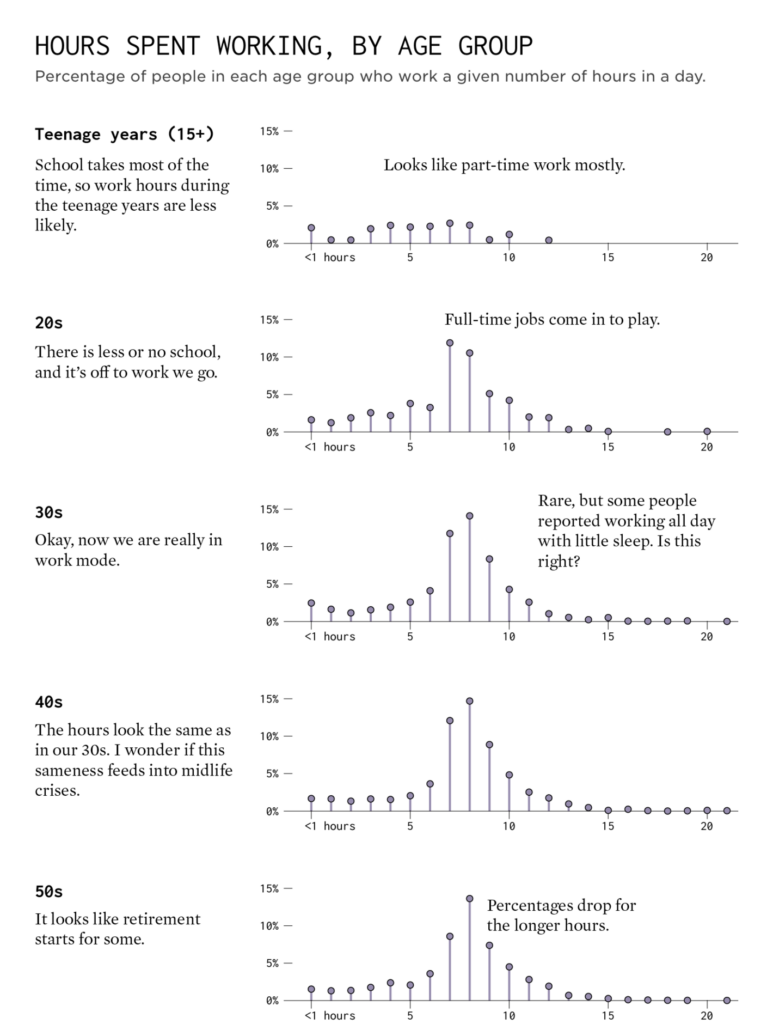

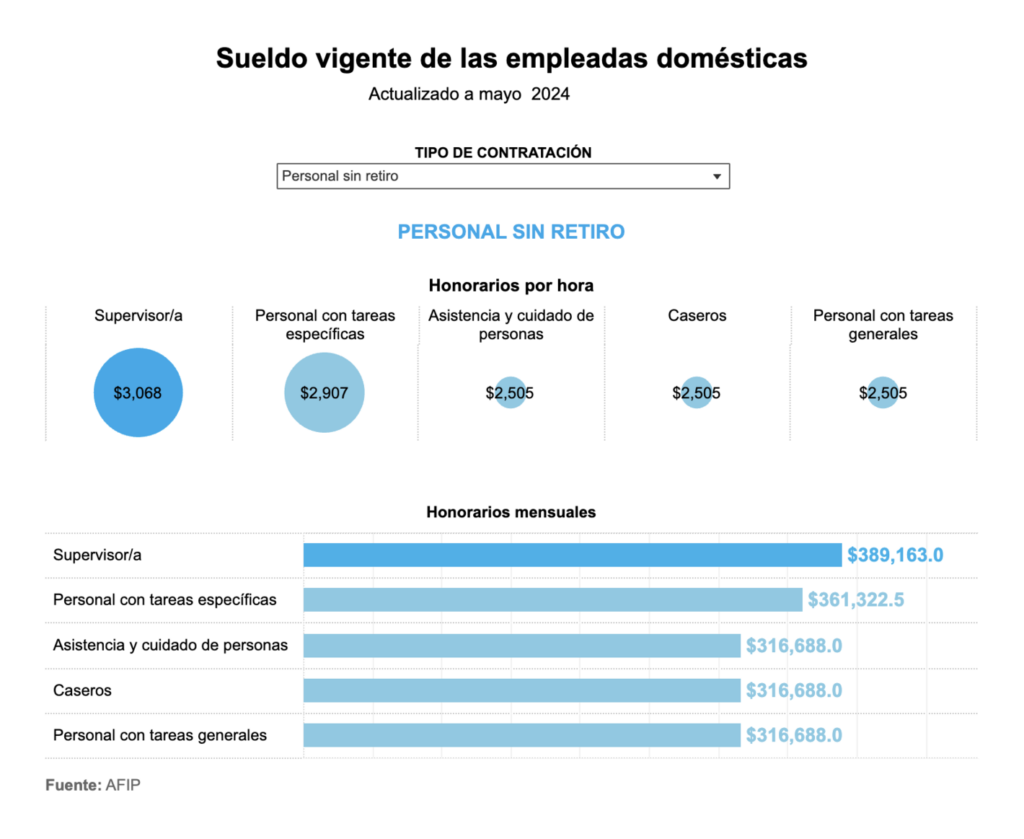
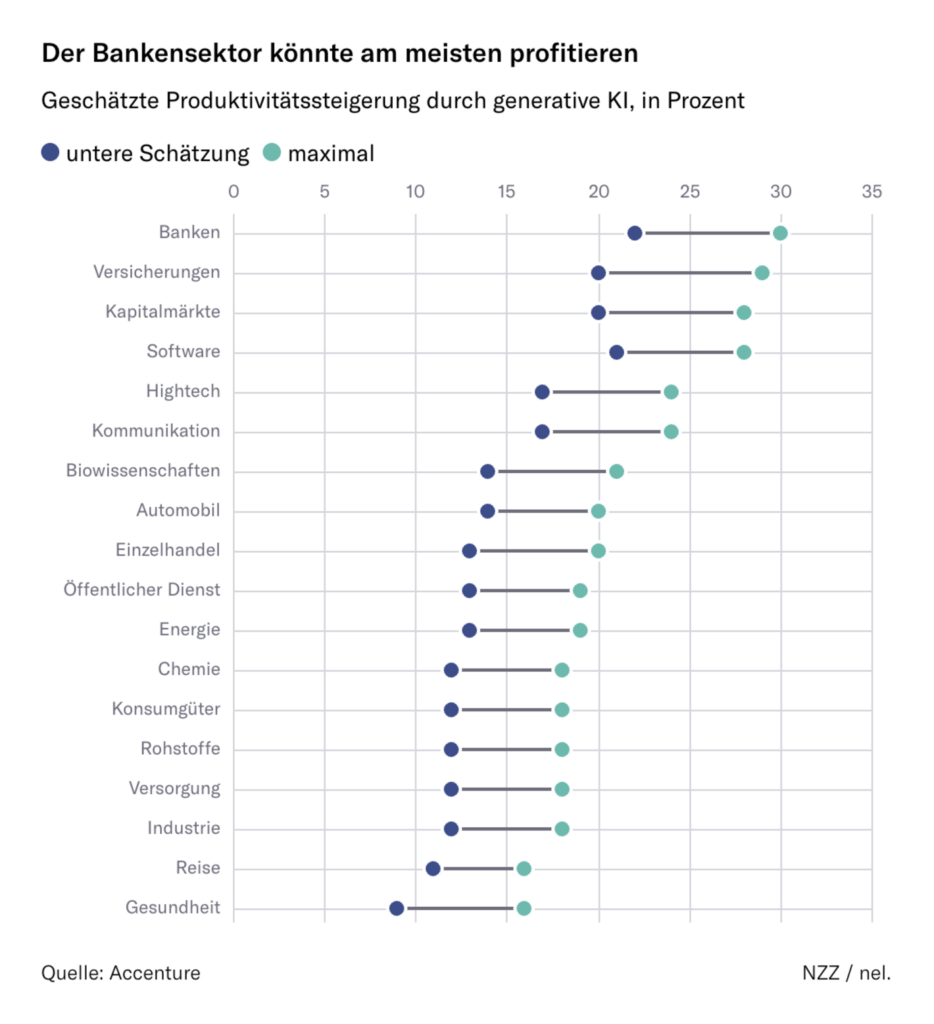
This week also marked World Press Freedom Day. Scandinavia maintained its lead in Reporters Without Borders’ 2024 Press Freedom Index, while Hungary ranks at the bottom of the EU. And let’s take a look at the war in Sudan, which has resulted in the displacement of hundreds of journalists:

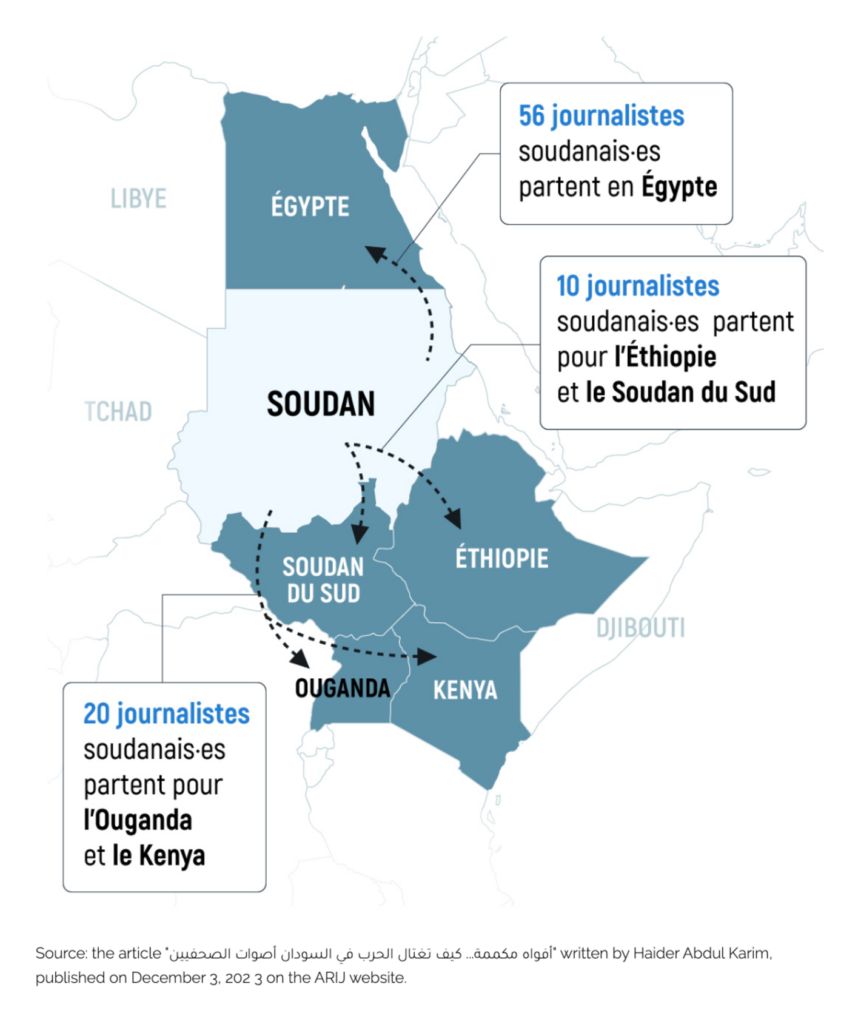
As war continues in Gaza, this map shows Israel’s possible plans for the area:
Meanwhile, student antiwar protests, and visualizations of them, only grew larger this week:
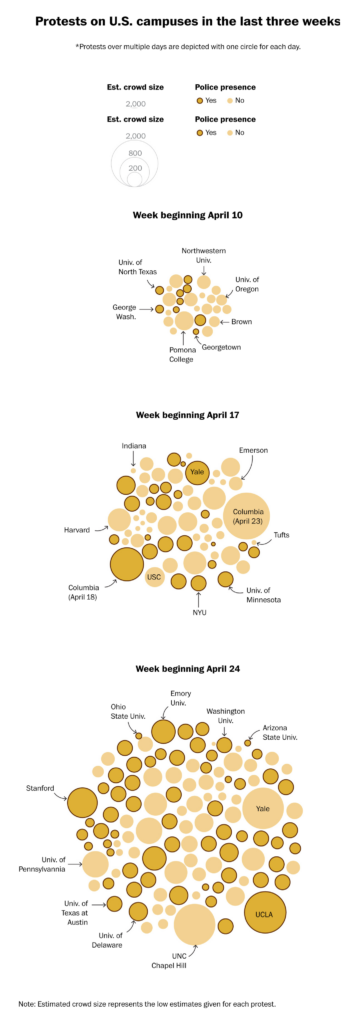

Visualizations of the Ukraine-Russia war highlight Ukraine’s financial reliance on Black Sea trade, drone strikes on Moscow’s warships, and declining foreign investment in Russia:
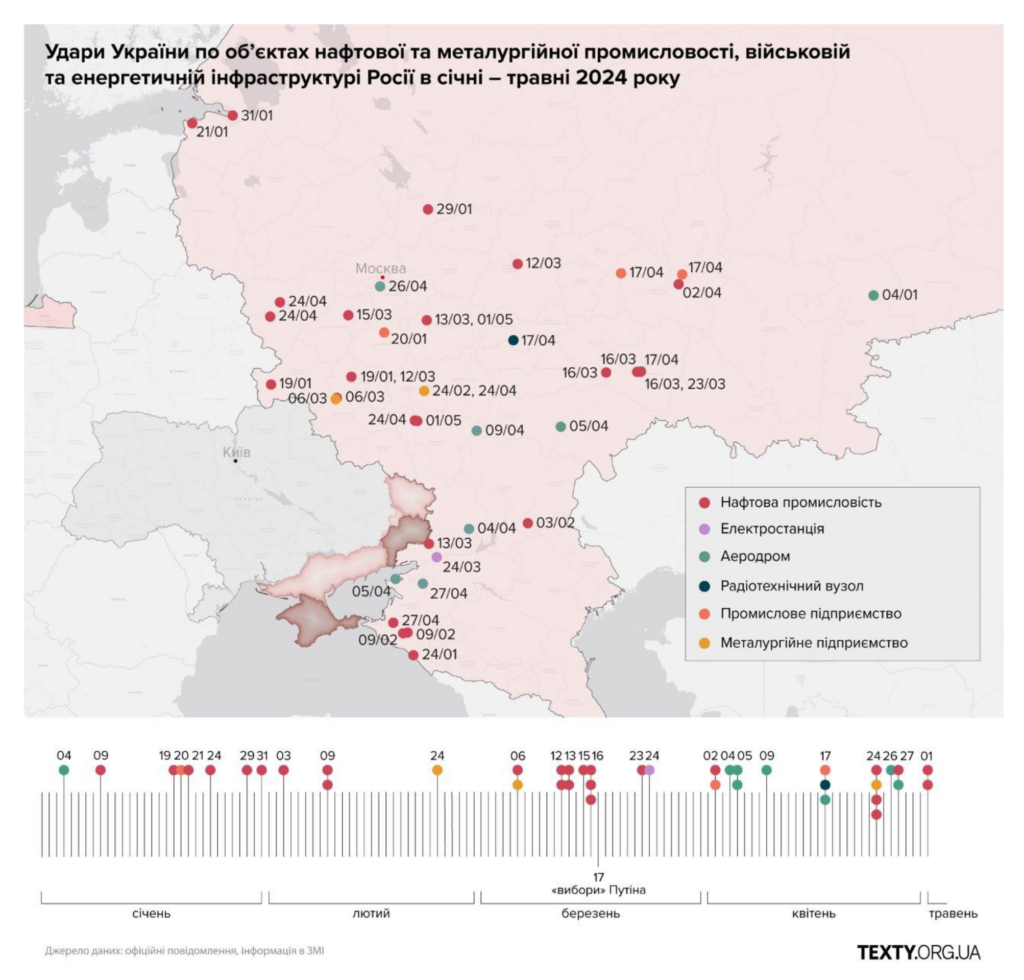
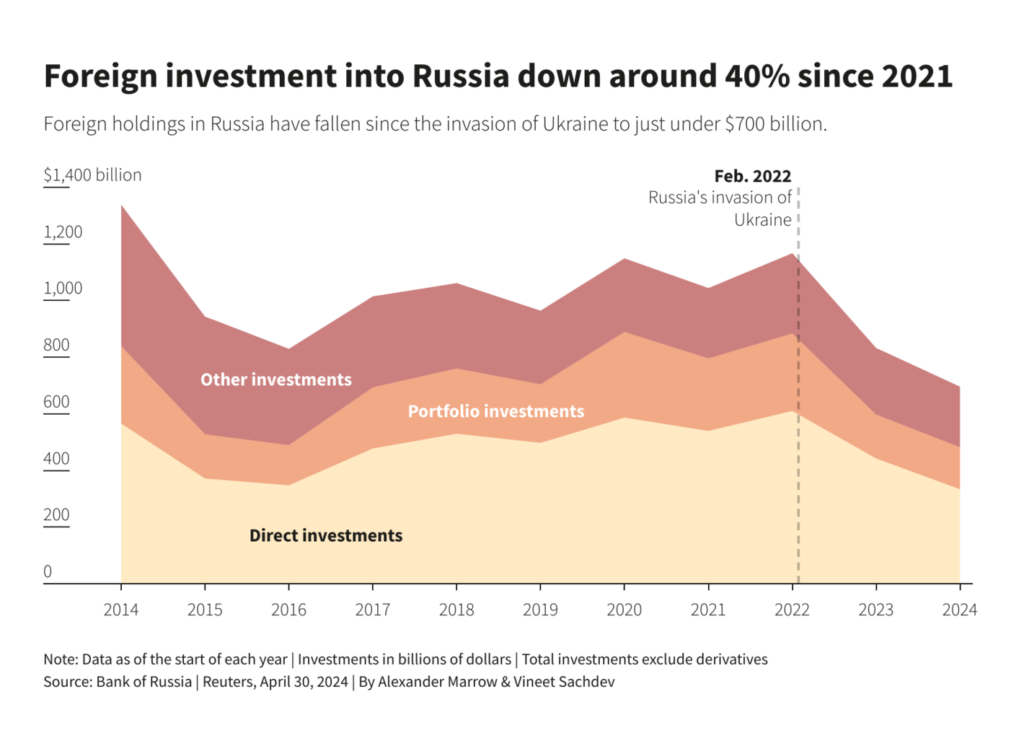
In Mexico, extreme heat is becoming the norm, while massive flooding in Kenya kills more than 200 people and displaces 160,000:

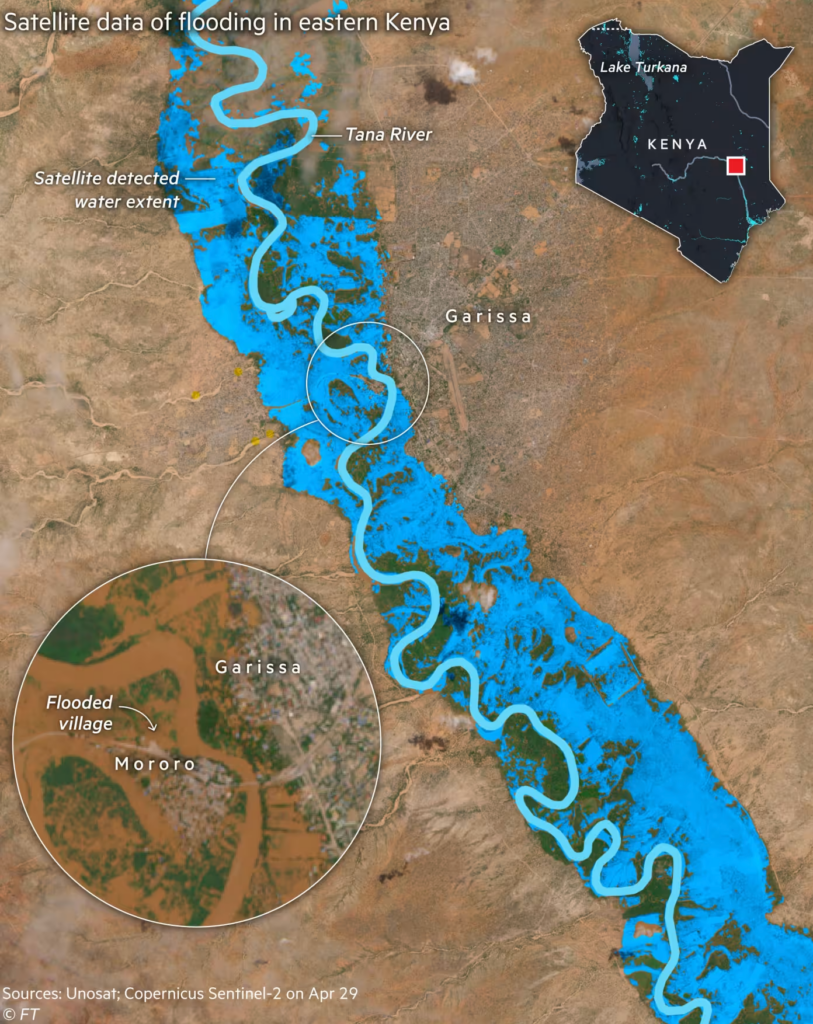
The next section can (unfortunately) be summed up as “efforts to go green that are not going well”:

Another week brings a fresh set of election visualizations. An analysis of local elections in The Guardian shows support for the Conservative Party at its lowest level since 1998:

We’re also looking ahead to this year’s U.S. elections, from the impact of online donations, to Republican skepticism of Trump, to voter sentiment in Arizona. Plus, the Financial Times gives us a look at polling methods and how they can lead to different results:
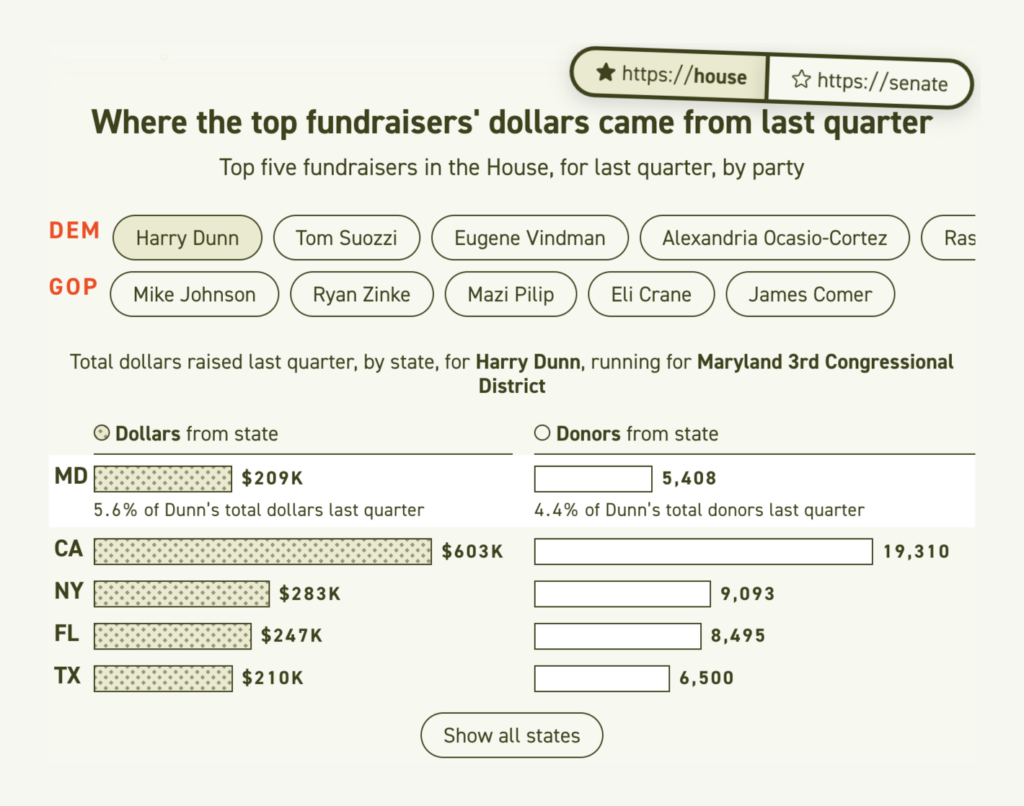


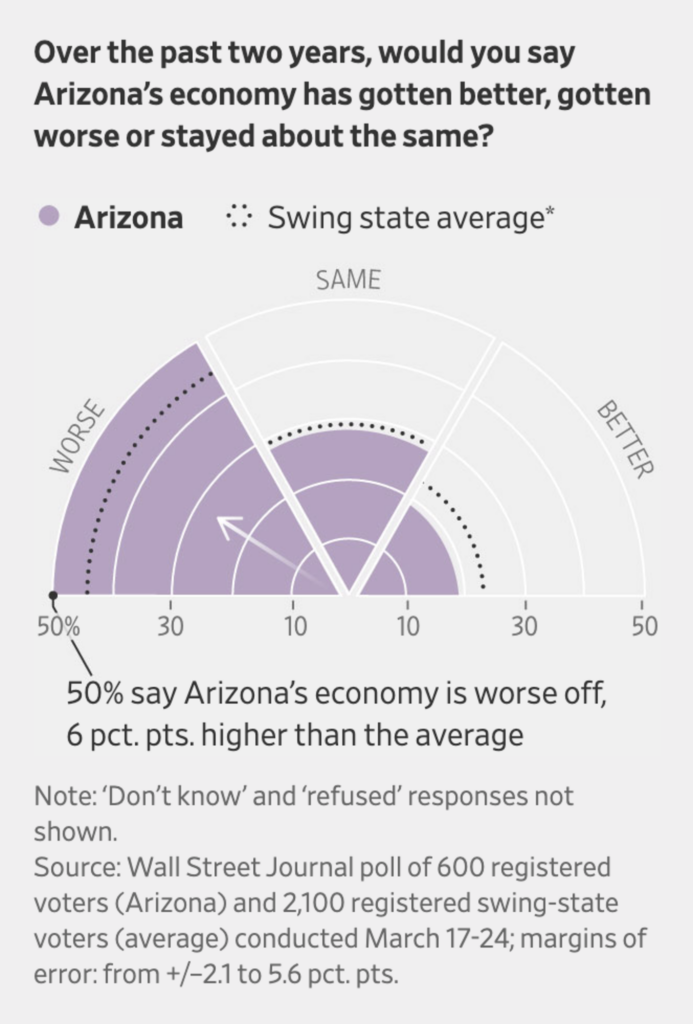
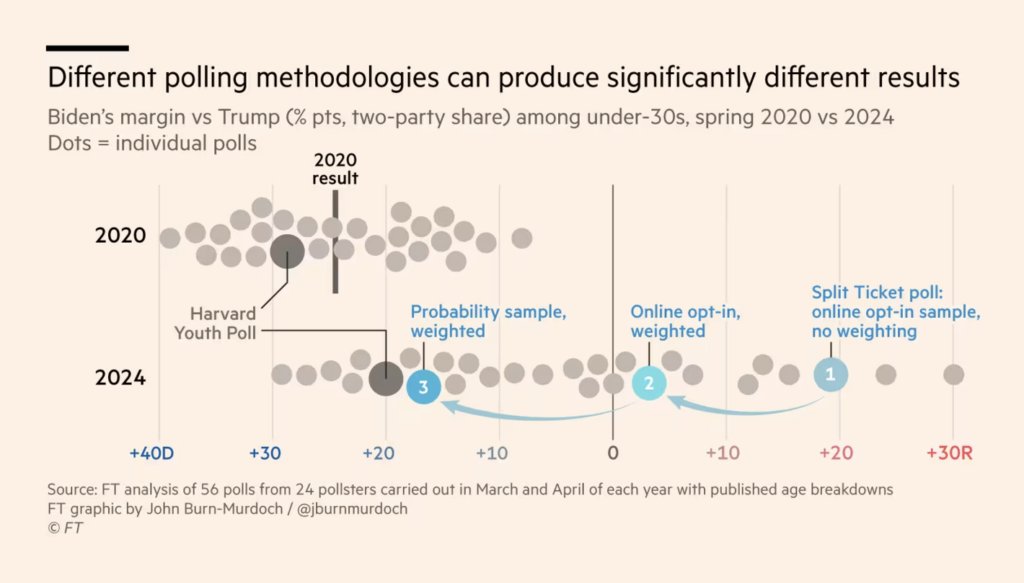
So what happens after an election? In recent American administrations the decisions of predecessors have been reversed:

A quick, addictive cut… to cocaine, on its smuggled route from the Balkans to Paris:

The world of animals is as diverse as the world of data visualizations, from racehorses to animals that can’t even move on their own. Have you ever heard of Velella velella, also known as “the zooplankton so beautiful they named it twice”?


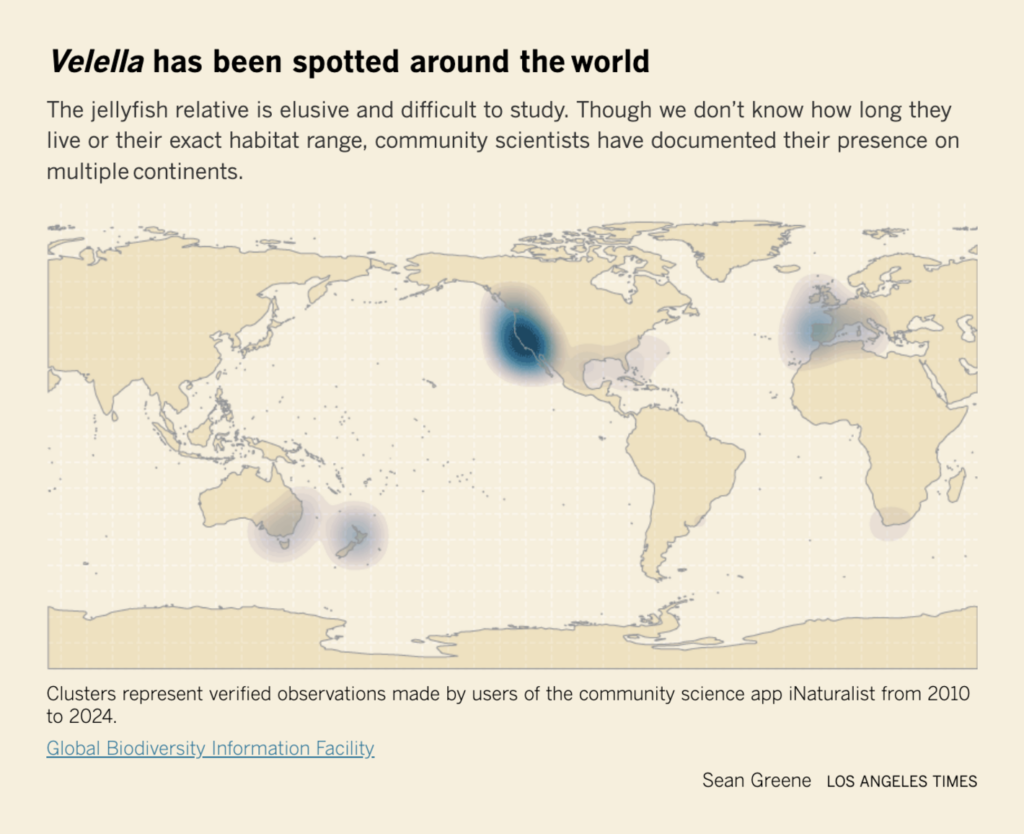
Here are some unusual visualizations that we liked for their interactivity, their storytelling ideas, or their experimental creativity:
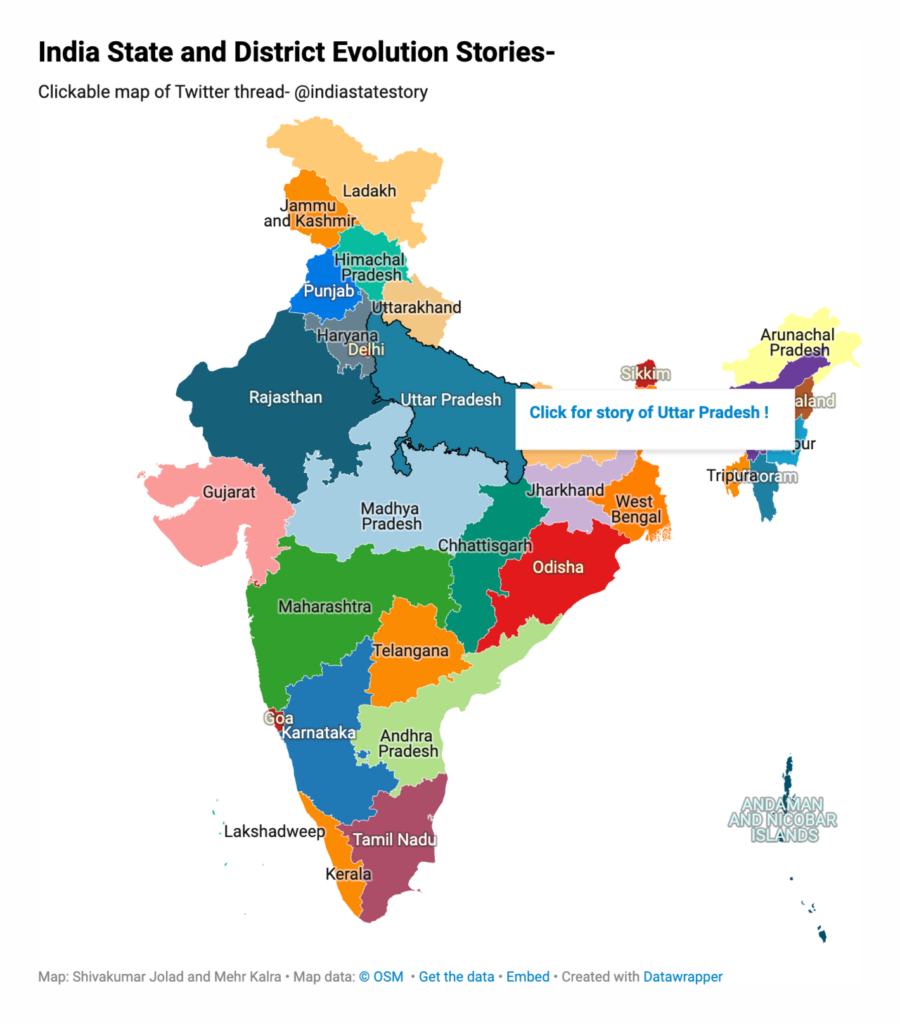

The final section includes tips for extending your vacation (as long as you live in Hong Kong), the aging of Brazil’s urban indigenous population, and insights into London’s design economy.


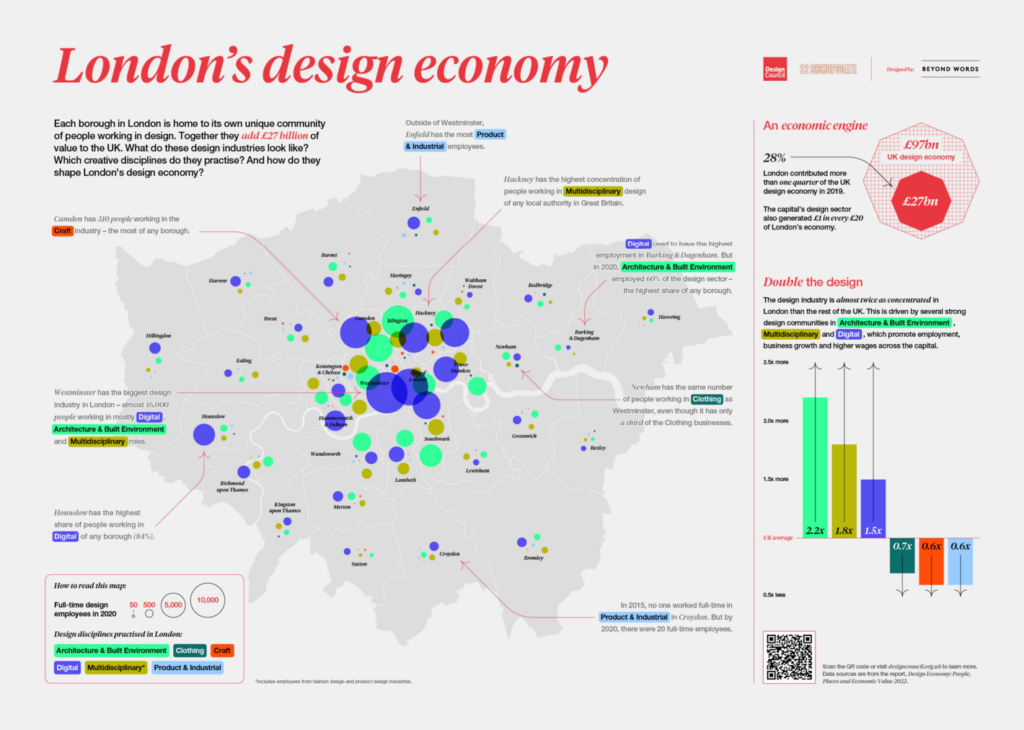
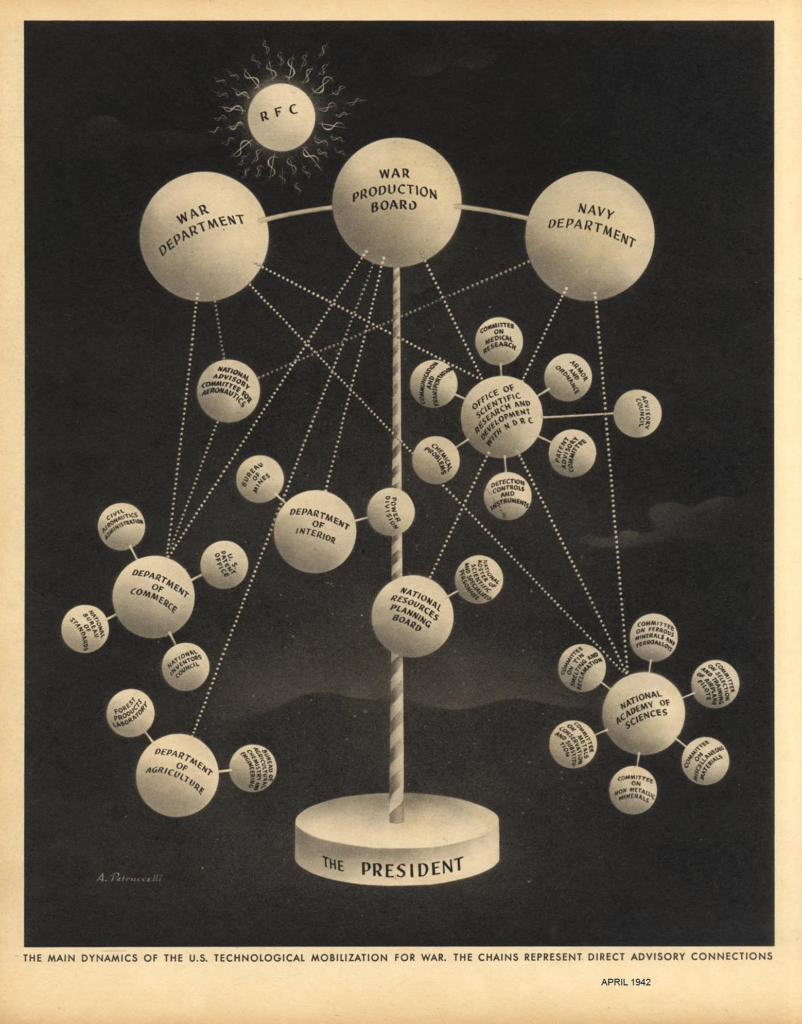


Applications are open for…
Help us make this dispatch better! We’d love to hear which newsletters, blogs, or social media accounts we need to follow to learn about interesting projects, especially from less-covered parts of the world (Asia, South America, Africa). Write us at hello@datawrapper.de or leave a comment below.
Want the Dispatch in your inbox every Tuesday? Sign up for our Blog Update newsletter!
Comments